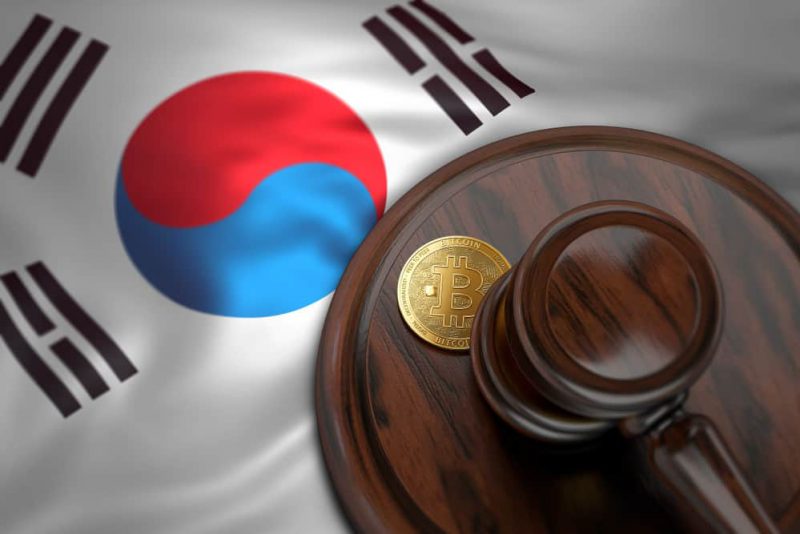Rep. Kim Nam-kuk of the Democratic Party of Korea (DPK) is being investigated by South Korean authorities for suspicious crypto transactions. According to reports, South Korea’s financial watchdog has reported the matter to local prosecutors. Moreover, the development has caused a domestic outcry for potential conflicts of interest.
As per allegations, Kim sold his holdings before South Korea implemented the crypto travel law in March 2022. However, Kim refuted the claims and argued that the majority of his cryptocurrency assets have not been cashed out but rather moved to another exchange. Furthermore, he claimed that he did not disclose his holdings since they were exempt from the disclosure requirement under the current public service ethics act.
The Korea Financial Intelligence Unit (FIU) was notified by the exchange of the suspicious transaction. The FIU then sent the case to the prosecution. The incident is currently under investigation by authorities.
How much crypto is the South Korean lawmaker accused of having?
From late February to early March of 2022, Kim allegedly withdrew 800,000 WEMIX crypto tokens. According to CoinDesk Korea, the FIU of the Financial Services Commission received a report on the transactions. From January to February 2022, Kim’s WEMIX assets totaled six billion won ($4.5 million).
WEMIX was removed from the country’s major exchanges last year for allegedly providing false information on supply and circulation. WeMade, the firm that issued WEMIX tokens, unsuccessfully challenged the removal of the token in court.
On March 25, 2022, South Korea put the FATF travel rule into effect, shortly after Kim is said to have withdrawn his holdings. The travel rule requires that exchanges gather personal information on transactions and notify authorities when they reach a certain level.
Kim is also under fire for introducing a bill in 2021 on deferring the taxes of crypto gains. Kim introduced the bill with a number of other members from the opposition party.





